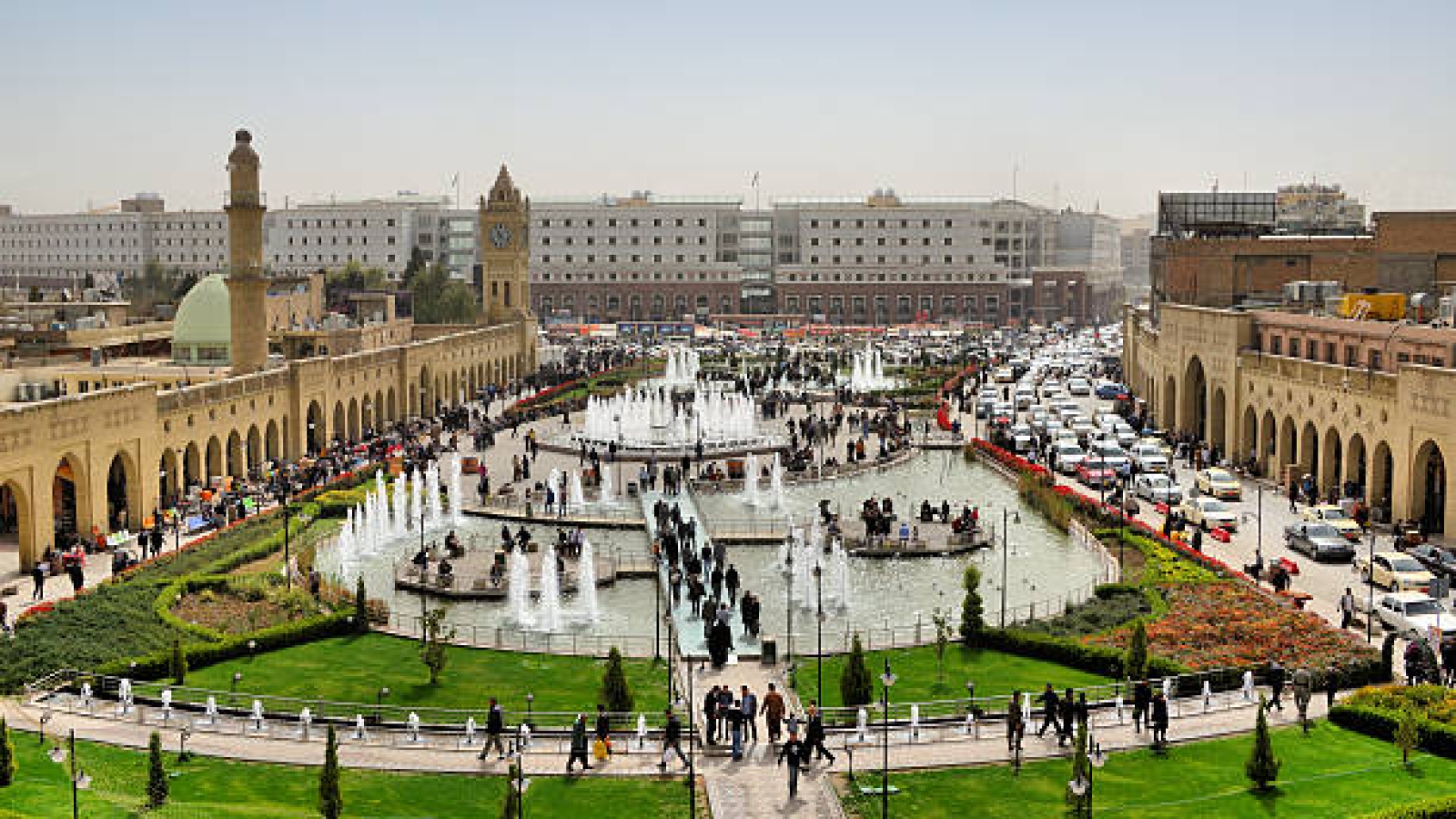ISO certifications are essential for businesses worldwide looking to enhance operational efficiency, improve product quality, and meet international standards. In Tanzania, an increasing number of businesses are seeking ISO certifications to improve competitiveness, streamline processes, and demonstrate compliance with global standards. Whether you’re in manufacturing, healthcare, food safety, or services, achieving ISO certification can significantly improve your business’s credibility and marketability. In this comprehensive guide, we will explore the process of obtaining key ISO certifications—ISO 9001, 27001, 14001, 45001, 22000, and 13485—in Tanzania and how Qualitcert can assist you in successfully achieving these prestigious certifications.
What is ISO Certification?
ISO (International Organization for Standardization) certification is a globally recognized standard that validates a company’s adherence to best practices and internationally recognized benchmarks. ISO standards are developed to help businesses in various sectors improve efficiency, reduce risks, and enhance customer satisfaction. ISO certifications are voluntary but can serve as a powerful tool for gaining competitive advantages in both local and international markets.
Popular ISO Certifications in Tanzania
In Tanzania, companies from various industries are pursuing ISO certifications to improve quality, safety, environmental management, and other business processes. Below are some of the most common ISO certifications sought after by Tanzanian businesses:
ISO 9001: Quality Management System (QMS) Certification
ISO 9001 is the world’s most widely recognized quality management standard. This certification helps businesses implement a systematic approach to manage quality and deliver products and services that consistently meet customer expectations.
- Key Benefits of ISO 9001:
- Improved customer satisfaction and retention
- Streamlined business processes and increased efficiency
- Enhanced employee engagement and motivation
- Greater market competitiveness
ISO 27001: Information Security Management System (ISMS) Certification
ISO 27001 helps organizations implement an information security management system (ISMS) to safeguard sensitive data, ensure business continuity, and manage risks related to cybersecurity.
- Key Benefits of ISO 27001:
- Protection of sensitive information from data breaches and cyber threats
- Improved trust with customers and business partners
- Compliance with international data protection regulations (e.g., GDPR)
- Reduced risks of data loss and cyber-attacks
ISO 14001: Environmental Management System (EMS) Certification
ISO 14001 helps businesses reduce their environmental impact by implementing effective environmental management practices. It is especially important for companies in manufacturing, construction, and energy sectors.
- Key Benefits of ISO 14001:
- Reduced environmental footprint and waste
- Improved sustainability practices and cost savings
- Better resource management and regulatory compliance
- Enhanced corporate reputation and stakeholder trust
ISO 45001: Occupational Health and Safety Management System Certification
ISO 45001 is designed to help organizations create safer and healthier work environments. It is critical for industries with high-risk operations such as construction, manufacturing, and mining.
- Key Benefits of ISO 45001:
- Reduced workplace accidents and injuries
- Improved employee health and safety
- Enhanced employee morale and productivity
- Compliance with local and international health and safety regulations
ISO 22000: Food Safety Management System Certification
ISO 22000 is a food safety management system standard that helps organizations in the food supply chain ensure their products meet food safety regulations. It is essential for businesses involved in food production, packaging, and distribution.
- Key Benefits of ISO 22000:
- Ensures the safety and quality of food products
- Reduces the risk of foodborne illnesses and recalls
- Compliance with global food safety regulations
- Enhanced consumer confidence and loyalty
ISO 13485: Medical Devices Quality Management System Certification
ISO 13485 is specifically designed for the medical device industry. It ensures that manufacturers of medical devices comply with regulatory requirements and maintain high-quality standards throughout the product lifecycle.
- Key Benefits of ISO 13485:
- Enhanced product quality and safety for medical devices
- Compliance with global medical device regulations
- Improved customer confidence and marketability
- Easier access to international markets
How to Get ISO Certification in Tanzania
Achieving ISO certification in Tanzania is a multi-step process that requires planning, documentation, and continuous improvement. Here’s a step-by-step guide to help you understand the ISO certification process:
- Identify the Relevant ISO Standard The first step is identifying which ISO standard is most relevant to your business. Whether you need ISO 9001 for quality management or ISO 27001 for information security, choosing the right standard is crucial for aligning with your business goals.
- Conduct a Gap Analysis A gap analysis involves comparing your current management practices with the requirements of the chosen ISO standard. This analysis helps identify areas where your business processes do not meet the ISO criteria, allowing you to plan for the necessary changes.
- Implement Changes and Develop Documentation Once the gap analysis is completed, the next step is to implement changes in your processes, create the required documentation, and ensure that your staff is trained on the new procedures and standards. Documentation plays a vital role in ISO certification as it provides evidence of compliance.
- Conduct Internal Audits and Monitoring Internal audits help assess the effectiveness of your ISO management system and identify any non-conformities. Monitoring your processes ensures that the new practices are working as intended before the external audit.
- Choose an Accredited Certification Body Once your internal audits are complete, you’ll need to select an accredited certification body to perform the external certification audit. The certification body will assess whether your organization is compliant with the ISO standard.
- Undergo the Certification Audit During the certification audit, the external auditor will review your management systems, documentation, and processes. If your organization meets the requirements, you will be awarded the ISO certification.
- Surveillance Audits and Recertification ISO certification is valid for three years, after which you’ll need to undergo surveillance audits to maintain your certification. Recertification is necessary to ensure that your business remains compliant with the ISO standard.
ISO Certification Costs in Tanzania
The costs of obtaining ISO certification in Tanzania can vary depending on factors such as the size of your organization, the complexity of your management systems, and the ISO standard you pursue. On average, the cost of ISO certification in Tanzania can range from $2,000 to $15,000 USD or more. Factors influencing the cost include:
- Consultancy Fees: If you hire external consultants to help implement ISO standards.
- Certification Body Fees: These are the costs associated with external audits and the actual certification process.
- Employee Training Costs: Costs related to training your staff on ISO standards and practices.
- Surveillance and Recertification Fees: These are recurring costs for maintaining your certification.
While the upfront costs may seem significant, the long-term benefits, including improved efficiency, reduced risks, and increased market access, make ISO certification a worthwhile investment.
ISO Certification in Major Cities of Tanzania
Tanzania is home to a number of rapidly growing cities where ISO certification is becoming a priority for businesses across various sectors. Key cities in Tanzania where ISO certification is in demand include:
- Dar es Salaam: As Tanzania’s largest city and commercial hub, Dar es Salaam is home to a variety of industries, including manufacturing, finance, and retail. ISO certifications like ISO 9001 (Quality Management) and ISO 27001 (Information Security) are increasingly sought after by companies in this city to improve operations and meet global standards.
- Dodoma: As the political capital, Dodoma has a growing business environment, especially in sectors like agriculture, infrastructure, and government services. Businesses in Dodoma are pursuing ISO certifications like ISO 14001 (Environmental Management) and ISO 22000 (Food Safety) to enhance sustainability practices and food safety standards.
- Arusha: Known as a tourism and conservation hub, Arusha is home to businesses in hospitality, travel, and eco-tourism. Many of these businesses are seeking ISO 9001 (Quality Management) and ISO 45001 (Health & Safety) certifications to improve service quality and ensure the safety of their customers and employees.
- Mwanza: Mwanza, located near Lake Victoria, is a key industrial and economic center. Manufacturing companies in Mwanza are increasingly adopting ISO 9001 (Quality Management) and ISO 14001 (Environmental Management) to improve efficiency and sustainability.
How Qualitcert Supports in Achieving ISO Certification in Tanzania
Qualitcert is a leading ISO certification consultancy that helps businesses in Tanzania achieve ISO certification with expert guidance and support. Here’s how Qualitcert can assist you:
- ISO Consultancy: Qualitcert helps you choose the right ISO standard for your business and provides step-by-step guidance to ensure you meet all the requirements for certification.
- Internal Audits and Gap Analysis: Qualitcert conducts internal audits to help you identify any gaps in your processes and make improvements before the certification audit.
- Employee Training: Qualitcert offers tailored training programs to help your employees understand ISO standards and effectively implement them in day-to-day operations.
- Certification Support: Qualitcert supports you throughout the certification process, including choosing an accredited certification body, preparing for audits, and ensuring compliance.
- Ongoing Support: After certification, Qualitcert continues to support your business with surveillance audits, recertification, and continuous improvement programs.
Conclusion
ISO certifications are essential for businesses in Tanzania looking to improve efficiency, meet international standards, and gain a competitive edge in the market. Whether your business is in Dar es Salaam, Dodoma, Arusha, or Mwanza, obtaining ISO certification is a strategic move that can lead to better operations, enhanced customer satisfaction, and greater market credibility. With the expert support of Qualitcert, you can navigate the certification process smoothly and successfully achieve your ISO goals.
Contact Qualitcert today to start your ISO certification journey and ensure your business is aligned with global standards!










